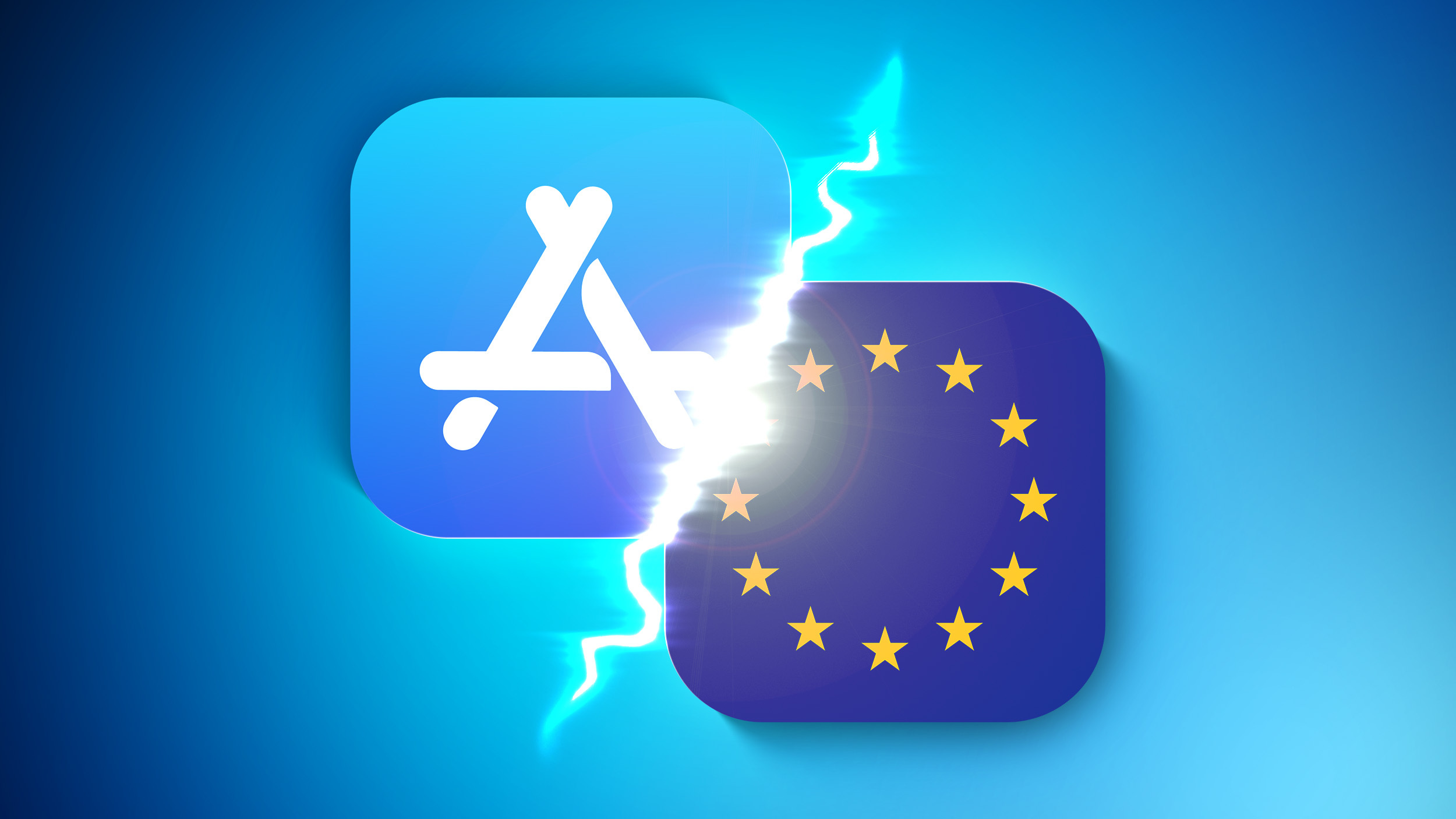
Apple today announced that it is tweaking the terms of the 0.50 euro Core Technology Fee (CTF) that apps distributed using the new EU business terms must pay, introducing a solution that would keep small apps that go viral from being charged unreasonable fees.

First, independent and small developers who earn no revenue at all will not have to pay the CTF. Students, hobbyists, and freeware app developers who distribute free apps and earn no money will not be charged the fee. Developers will need to declare their non-commercial status on an annual basis, and to maintain this status, developers must have no revenue in or out of the App Store for their app product.
Second, to address fears of the CTF causing outrageous fees for an app that suddenly goes viral, Apple has implemented a three year on-ramping process for small developers. The three year period begins when a developer agrees to the new App Store business terms, and during this time, if an app goes viral and exceeds the one million annual install threshold that triggers the CTF, the CTF won't be charged if the developer earns less than 10 million euros in global business revenue, and the fee is reduced after that.
- Under 10 million euros: No CTF during the three year period.
- Between 10 million and 50 million euros: CTF must be paid, but it is capped at one million euros per year for the three year period.
- Beyond 50 million euros: Benefit is no longer available, and the full CTF has to be paid.
- After three years: Developers will pay for each first annual install after the initial one million first annual installs per year.
Apple says that 99 percent of developers will not be subject to the CTF to begin with, but the new ramp up period will go further to make sure that small developers who get a breakout hit will have time to scale their businesses before having to pay fees.
Back in March, developer Riley Testut spoke with Apple officials at a workshop on the Digital Markets Act, and he asked what would happen if a young developer had an app go viral and unwittingly racked up millions in fees. Testut asked the question because when he was a high school student, he released GBA4iOS outside of the App Store. It was unexpectedly downloaded more than 10 million times, and that would have bankrupted him had he been subject to the Core Technology Fee.
In response, Apple VP of regulatory law Kyle Andeers said that Apple was working on a solution because the company is not trying to stifle innovation. Apple believes that a free app going viral and being subject to exorbitant fees will be a rare occurrence, but the changes will keep that from happening. The CTF update will also be a welcome change for those who want to release entirely free apps outside of the App Store.
The CTF is only applicable to apps that have opted in to the new App Store business terms in the European Union. Apps in the EU are now able to be distributed through alternative app stores and developer websites without having to rely on the App Store.
Apple has more information about the new changes to the CTF on its updated CTF support page.
Article Link: Apple Tweaks EU Core Technology Fee to Avoid Bankrupting Unexpectedly Viral Apps
Last edited:

